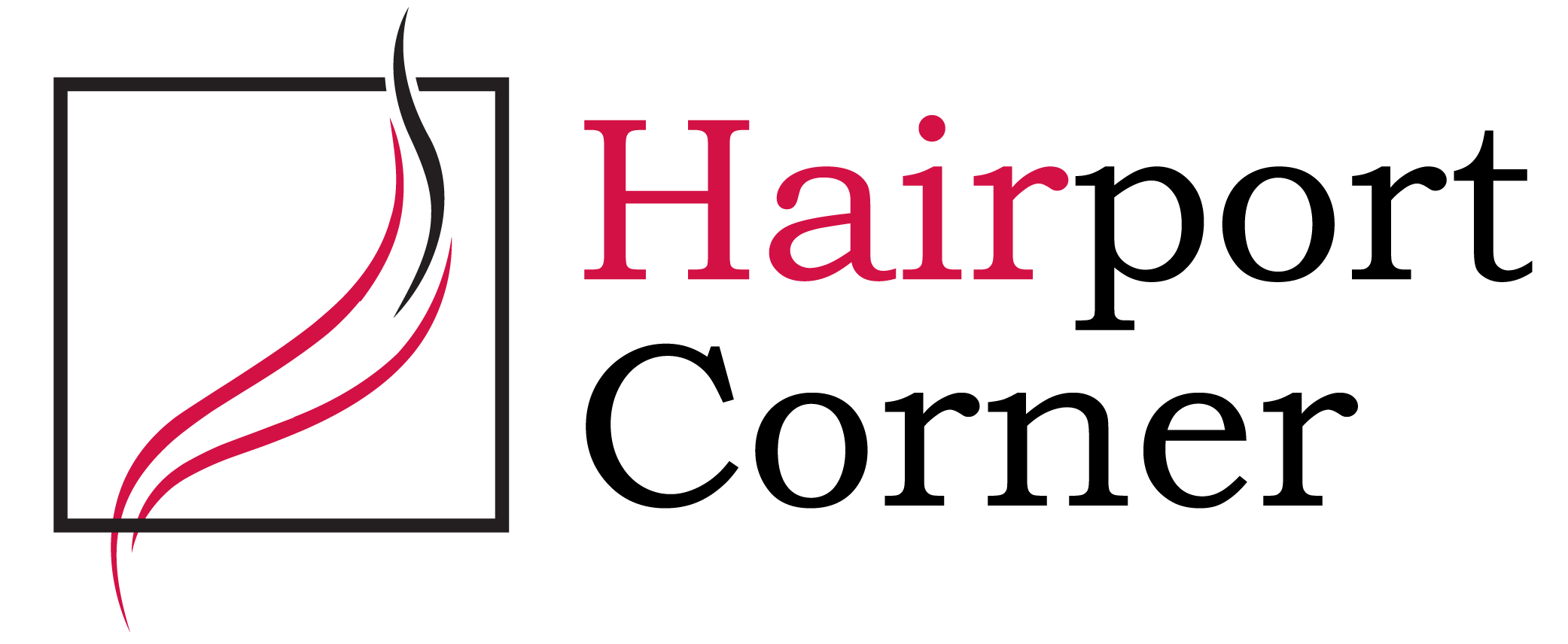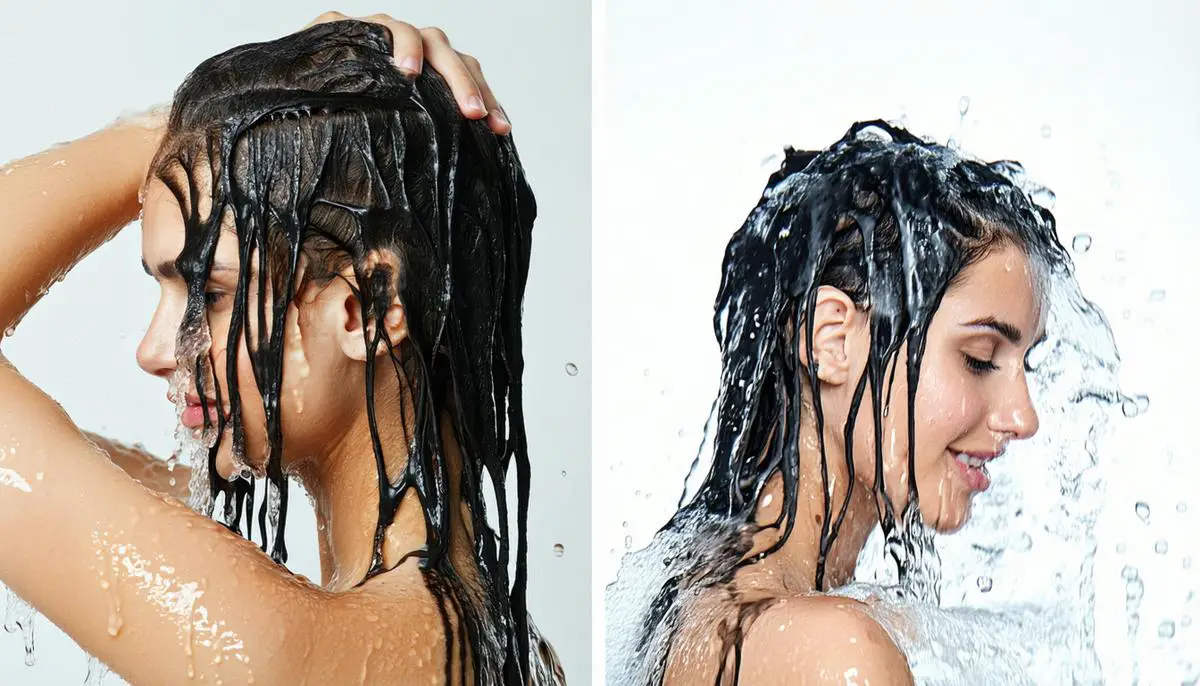Effects of Hot Water on Hair
Hot water opens hair cuticles, allowing for deep cleaning by letting shampoo penetrate and remove grime, oil, and buildup. However, overusing too-hot water can strip away natural oils, leaving hair dry, brittle, and prone to breakage.
Hot water also affects the scalp, opening pores and making roots vulnerable. This can lead to hair loss and create itchiness, potentially resulting in dandruff.
To mitigate these effects, keep water warm rather than scalding. Regularly applying a nourishing hair mask can help retain moisture and keep your hair in good condition, striking a balance between cleanliness and hydration.
Pros of Hot Water:
- Removes scalp buildup effectively
- Stimulates blood flow to follicles
- Eliminates excess oil
- Creates extra texture and volume
Cons of Hot Water:
- Strips natural oils
- Can cause scalp dryness and dandruff
- Makes hair frizzy and brittle
- Can lead to breakage and split ends
Benefits of Cold Water for Hair
Cold water acts as a sealant, closing hair cuticles and protecting natural oils. This process gives hair a captivating shine and leaves it looking polished and vibrant.
For the scalp, cold water helps keep pores closed, which maintains cleanliness for longer periods and supports an environment conducive to hair health and growth.
If you’re not fond of cold showers, try a brief cool rinse at the end of your warm shower. This quick switch provides benefits without discomfort, offering a balanced routine that caters to both your comfort and your hair’s long-term health.
Key Benefits of Cold Water:
- Preserves natural oils
- Adds shine and smoothness
- Reduces frizz and flyaways
- Improves blood circulation to the scalp
- Promotes hair growth
Note: Cold water may reduce hair volume by trapping moisture, potentially weighing down fine hair.

Best Practices for Hair Washing
- Start with warm water to open cuticles and prepare hair for cleansing.
- Apply shampoo and massage the scalp gently in circular motions.
- Apply conditioner to mid-lengths and ends, avoiding the scalp unless using a specific treatment.
- Rinse with cold water to seal cuticles and trap moisture and nutrients.
Adjust your routine based on your hair type:
- Fine, oily hair: Wash every other day
- Thicker hair: Wash two to three times a week
Use high-quality products designed for your specific hair type. Remember, a little product goes a long way.
When drying, pat hair gently with a microfiber towel instead of rubbing. If using heat styling tools, apply a heat protectant first.
"As water vaporizes in the hair strand, it causes breakage and can even leave bubbles in the strand of hair itself," warns Dr. Lin.

By incorporating both warm and cold water techniques into your hair care routine, you can maintain clean, healthy, and vibrant hair while preserving its natural shine and moisture. The key is to find the right balance for your unique hair type and needs.
- Lin D. Interview on water temperature effects on hair. Better Not Younger. 2023.
- American Academy of Dermatology. Hair washing tips. AAD Website. 2022.
- Journal of Cosmetic Science. Effects of water temperature on hair cuticle structure. J Cosmet Sci. 2021;72(4):201-210.




